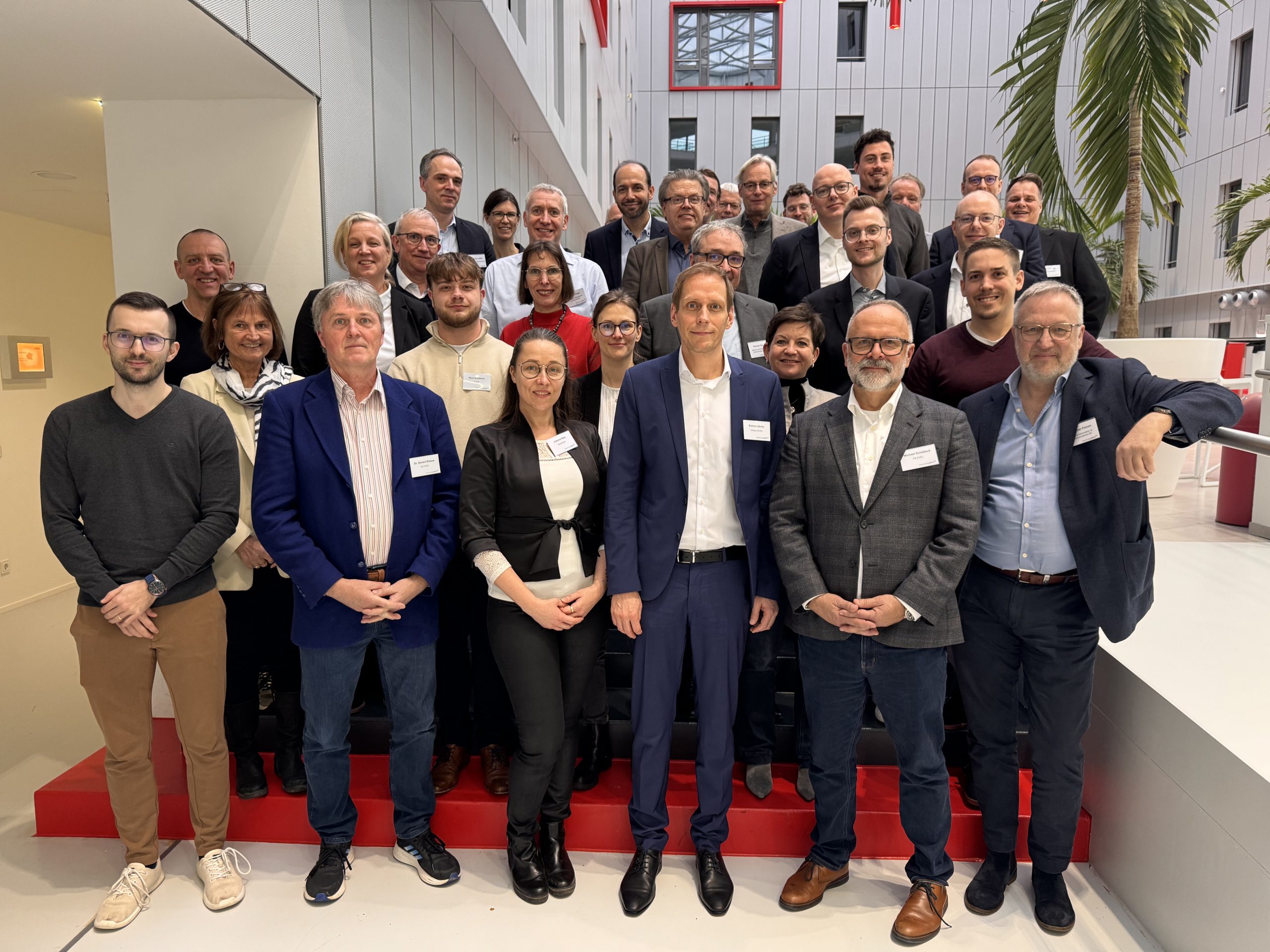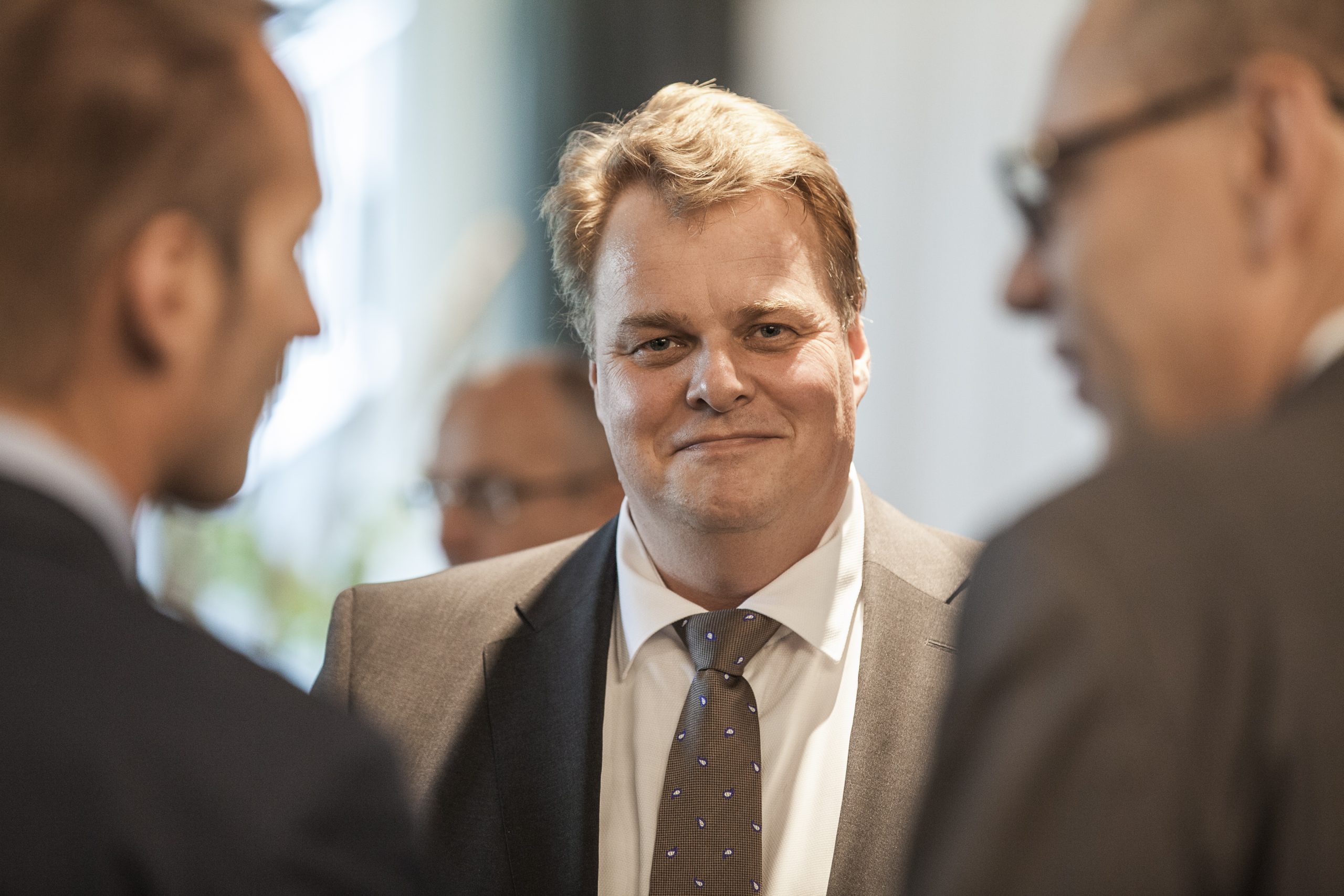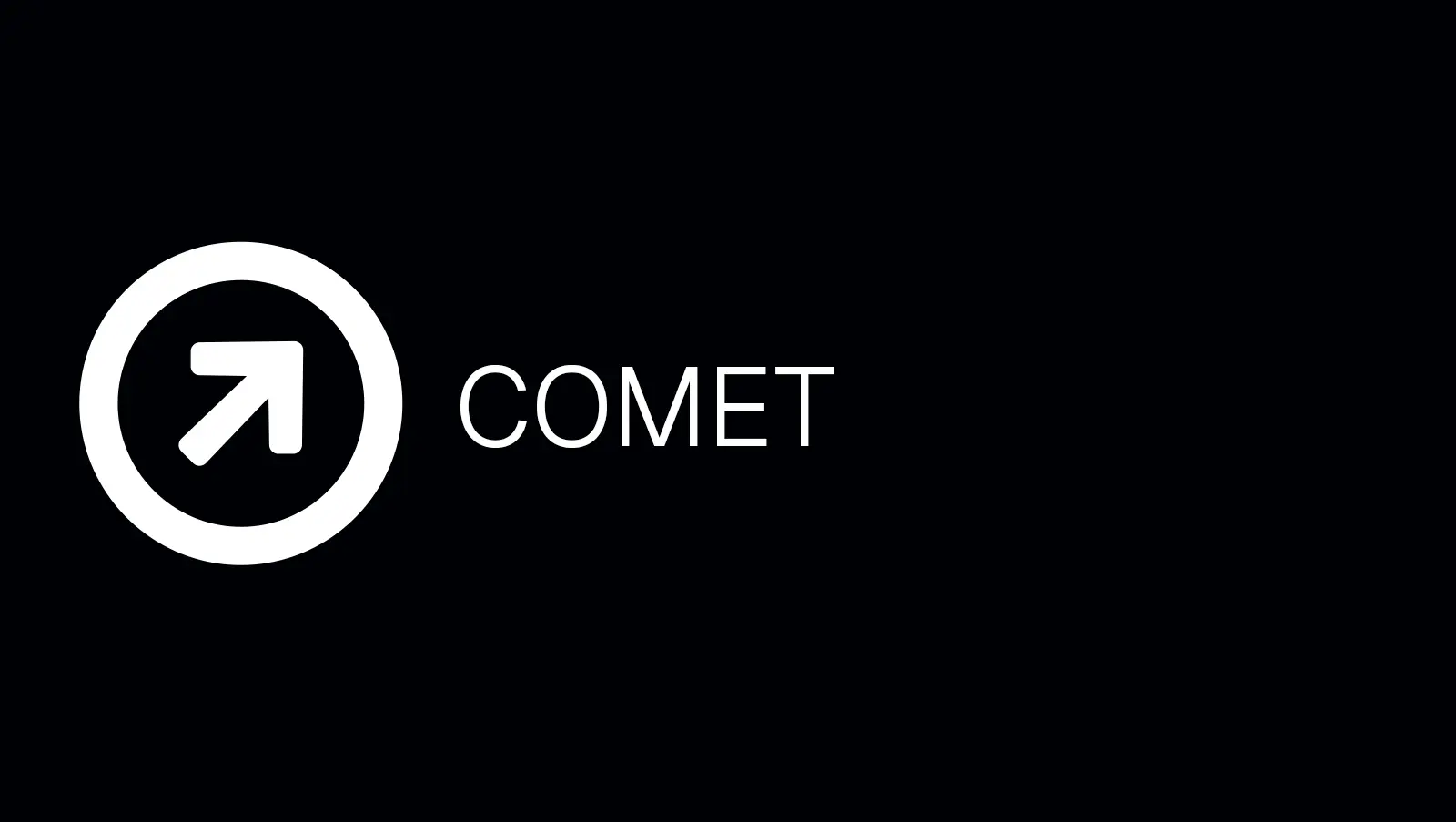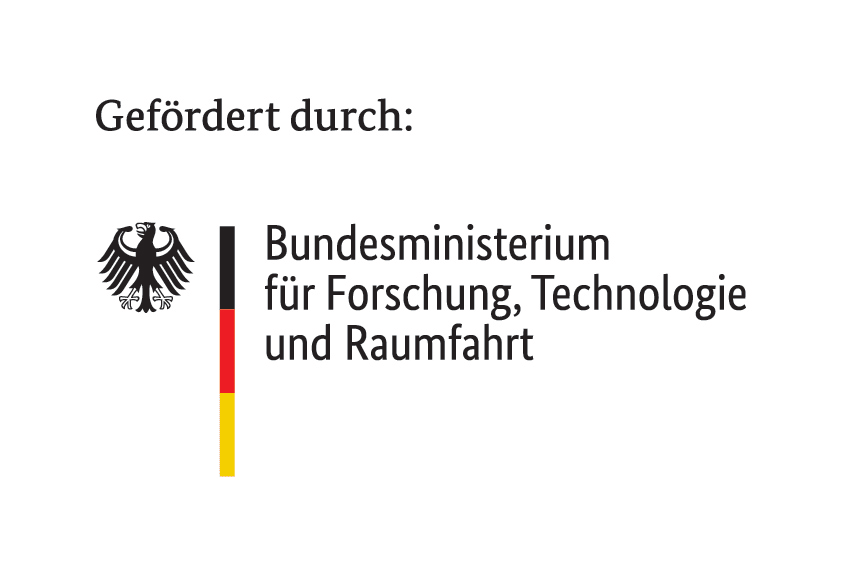Sharing trust, using data: New compendium shows paths to data trusteeship in smart living
1. July 2025
3 minutes
Digital applications in smart living – for example to save energy or for home care – generate valuable data every day. But much of this data remains unused. The reason: users and companies are unsure who accesses the data and how – and what happens to it. Small and medium-sized enterprises (SMEs) in particular often lose out as a result. They not only lack the data, but also fair access channels.

This is where the new “Compendium on Data Trusteeship” from Technopolis comes in, which was created as part of the accompanying research for SmartLivingNEXT. It shows in a practical way how data trustees, as independent bodies, can create the necessary trust so that data can be shared and used responsibly.
Why data trust models are important in smart living
Smart living thrives on the interaction of many digital services – for example, when a smart living system works together with a care service or energy provider. However, for such networked solutions to work at all, data from different sources must be brought together. And this is precisely what has often failed to date due to a lack of trust or legal uncertainties.
Many users are concerned about their privacy. SMEs, on the other hand, often do not know how to access data in a legally compliant manner – or they lack the financial and organizational resources. This is a real obstacle to innovation.
What data trustees can do
The compendium shows: Data trustees could close precisely this gap. They work independently, neutrally and in the interests of the data providers – this creates trust. In practice, this means, for example: If energy data, health information and smart living data are linked in compliance with data protection regulations, older people or those in need of care can be supported in a more targeted manner – for example through automatic temperature control or predictive maintenance of assistance systems.
Data trust models therefore not only offer technological progress, but also social added value.
The path is complex – but feasible
However, the development of data trust models is not a sure-fire success. The compendium makes it clear that a clear legal framework, viable business models and technical solutions that simply work are required. SMEs in particular often lack suitable entry models and economically viable approaches.
The compendium offers concrete guidance here – with recommendations, practical examples and an overview of existing approaches. This makes it an important tool for anyone who wants to set up or further develop data trust structures in smart living.
You can find the entire compendium here.
Listen to the article (in German):
Editorial office:
Marla
Hanenberg
Category:
SmartLivingNEXT




